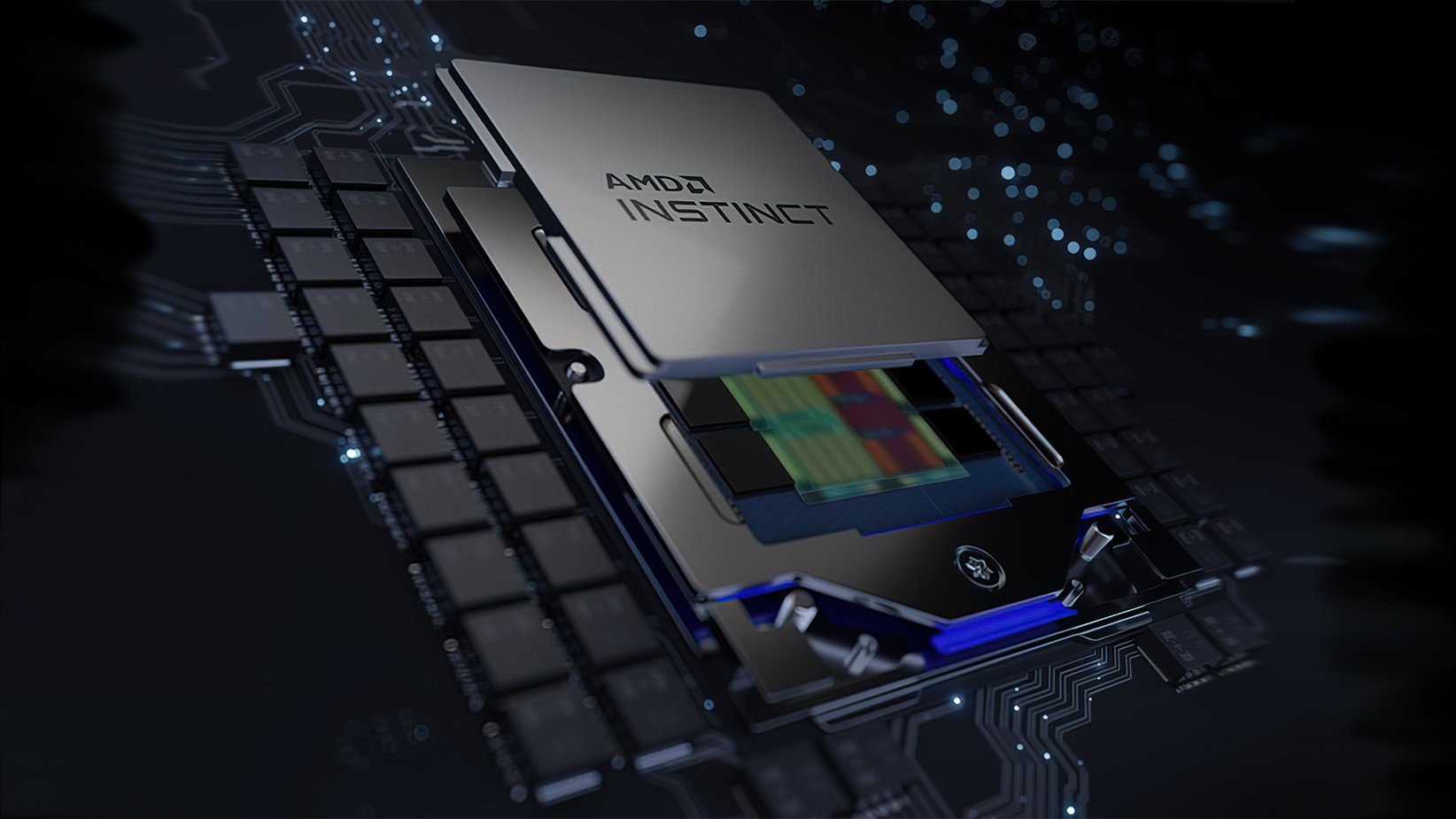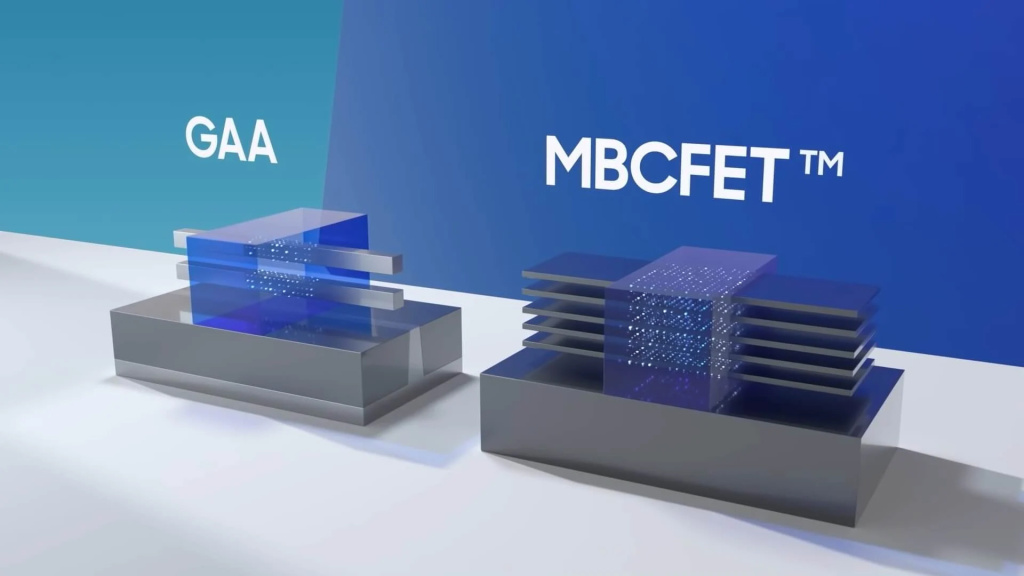
AMD aligns with Samsung in the intriguing progress of 3 nm technology advancements
The Growing Popularity of AI Graphics Cards and the Challenges Faced by AMD
The graphics processor market has experienced new opportunities due to the increasing popularity of AI graphics cards. The Nvidia H100 is the preferred choice for many AI companies, resulting in high demand that extends into the next year. As a result, everyone is eagerly waiting in line to acquire their desired GPUs. However, the competition also seeks to benefit from the rise of the AI market, investing significant effort and funds in that direction. AMD, on the other hand, relies on MI300A/MI300X and plans to release them in the second half of this year. The release coincides with the expected mass production of chips based on 3 nm technology, aiming to expedite the process since the initial announcement of this powerful AI accelerator.
The High Demand for 3 nm Technology Products Causes Problems
The large orders for Nvidia graphics cards have created an additional challenge for AMD. Most of TSMC's production capacities, especially those related to advanced CoVos transistor packaging technology, have been occupied. This situation poses difficulties in supplying AMD accelerator cards to the AI market. Consequently, AMD is now considering transferring part of its production to Samsung. Samsung will share its production facilities for the production of graphics cards that accelerate AI-based services.
 Sammobiles
SammobilesIn addition to the lower cost of Samsung silicon compared to TSMC, AMD benefits from this partnership in another significant way. Samsung is the main supplier of HBM chips, which creates an ideal combination for AMD. High-performance AI accelerators rely on fast memory with high data throughput. Given that HBM memory is currently the fastest type of memory available for graphics processors, it becomes evident why AMD stands to gain considerable advantages from future cooperation with Samsung, as reported by Fast Technology.
While providing priority amounts of HBM memory in the fight against Nvidia competition brings significant benefits, it also poses a potential risk for AMD. AMD sacrifices a good relationship with the Taiwanese silicon manufacturer and encounters the production and yield rate issues that Samsung has faced in the past. This case serves as a reminder that there are no lasting relationships in business.